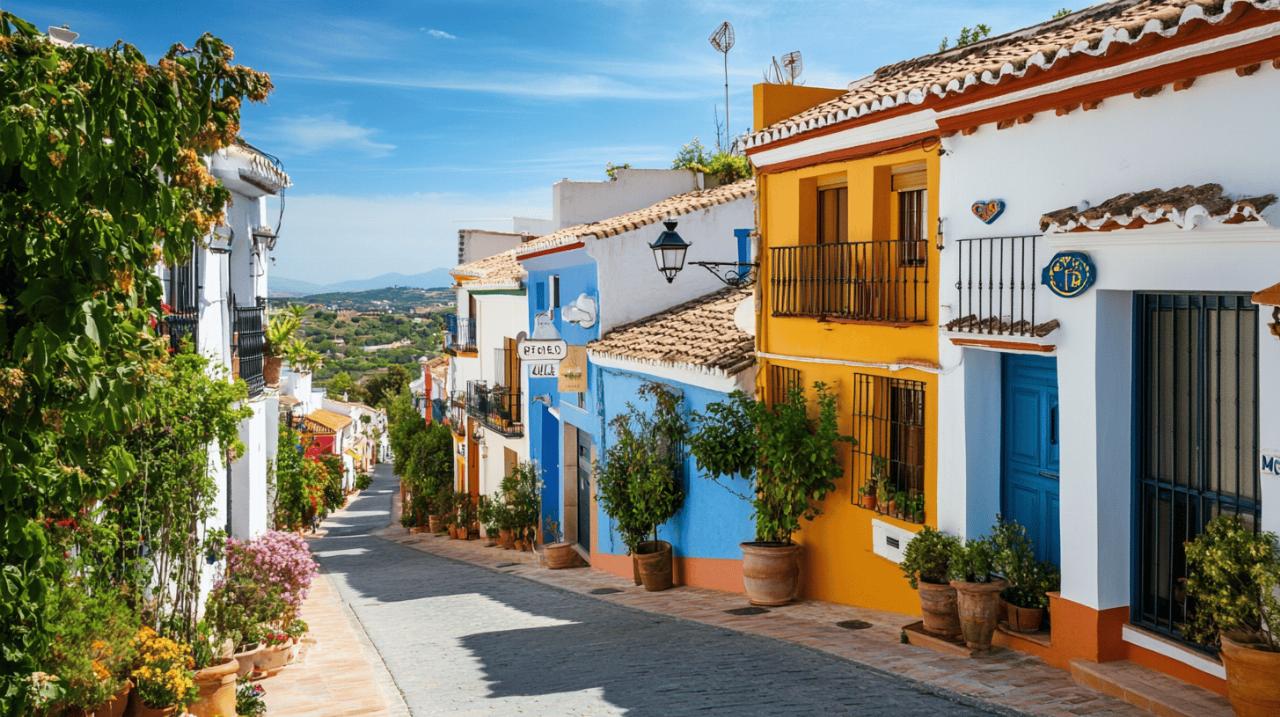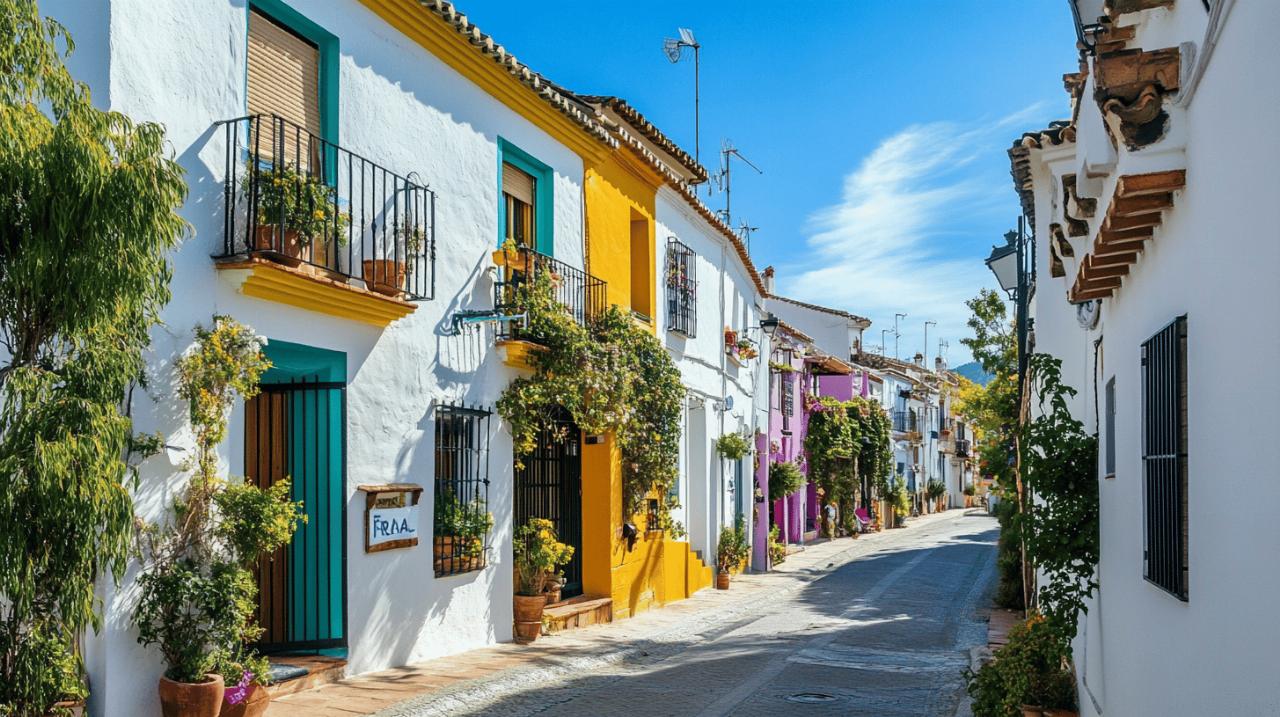Navigating the process of selling a property in Spain can be a complex journey, filled with various steps, legal requirements, and financial considerations. Whether you're a resident or a foreigner looking to sell your Spanish property, understanding the entire process is essential for a smooth and successful transaction.
Getting started with your spanish property sale
Selling a property in Spain begins with proper preparation and understanding of the local market. The Spanish property market has shown remarkable resilience, with prices growing approximately 4.5% in the past year, outperforming much of the Eurozone. This growth is particularly notable in regions like Costa Blanca, where international buyers from France, Belgium, and Switzerland are increasingly active.
Finding the Right Estate Agent in Spain
Engaging a reputable real estate agent is often the first step in the selling process. These professionals bring invaluable insights into market trends, help with property valuation, handle negotiations, and guide you through legal requirements. Look for agents who have extensive knowledge of the local area, particularly if your property is in a popular tourist destination like Costa del Sol or Costa Blanca.
When selecting an agent, consider their experience with international clients if you're a non-resident seller. A good agent will help market your property to the appropriate audience and advise on the best timing for your sale. Spring and early autumn are typically considered optimal selling periods, especially in coastal areas where seasonal demand fluctuates.
Setting a competitive asking price
Spanish property valuation is a critical aspect of the selling process. Pricing your property correctly from the start can significantly impact how quickly it sells and the final offer you receive. Several factors influence property valuation in Spain, including location, size, condition, and amenities.
To determine a competitive asking price, examine comparable properties recently sold in your area. Coastal properties or those in prime urban locations typically command higher prices. Features such as swimming pools, gardens, and modern renovations can significantly increase your property's value. Consider engaging a certified appraiser for a thorough inspection and valuation, which typically costs between €250 and €2,000 depending on the property's complexity.
The legal framework of spanish property transactions
The legal aspects of selling property in Spain involve numerous checks and documents. Understanding these requirements is essential to avoid delays or complications during the sale process.
Essential legal checks and documentation
Before listing your property, ensure you have all necessary documentation ready. This includes your Title Deed (Escritura de Propiedad), which proves your ownership, and an Energy Performance Certificate (EPC), which rates the property's energy efficiency and is legally required for all property sales in Spain.
Additional important documents include proof of mortgage cancellation if applicable, latest paid utility invoices, IBI (property tax) receipts, a Declaration of Habitability certifying the property is fit to live in, and any relevant urbanisation documents detailing community rules and fees. Non-resident sellers must also ensure their NIE (Foreigner Identification Number) is valid, as this is required for property transactions and tax purposes.
Many sellers engage a solicitor (Abogado) to handle the legal aspects of the sale. Your solicitor will verify that the property is free from debts, obtain an up-to-date Nota Simple from Spain's Land Registry, and ensure all documentation is in order. This legal preparation typically takes 2-3 weeks and is crucial for a smooth transaction.
Understanding the 'Contrato de Arras'
The 'Contrato de Arras' or preliminary binding agreement is a crucial document in Spanish property transactions. This contract requires the buyer to place a deposit, typically around 10% of the purchase price, and sets out the terms of the sale including the completion date.
This agreement has significant legal implications. If the buyer withdraws from the purchase after signing, they forfeit their deposit. Conversely, if the seller backs out, they must return double the deposit amount to the buyer. This arrangement provides security for both parties and demonstrates commitment to the transaction.
The Arras contract should clearly detail all aspects of the property being sold, including any fixtures and fittings included in the sale, the agreed price, and any conditions that must be met before completion. Your solicitor should review this document carefully before you sign to ensure your interests are protected.
Finalising the Sale: Key Steps and Procedures
Once you've found a buyer and agreed on terms, several important steps remain to complete the transaction securely.
Payment methods and security measures
Secure payment methods are essential when selling property in Spain. Typically, funds are transferred via a 'cheque certificado' (certified bank cheque) or a direct bank transfer. These methods provide security for both parties by ensuring the funds are available and the transaction is properly documented.
For international transactions, services like EasyFX can facilitate foreign exchange and money transfers. Established in 2008 and regulated by the Financial Conduct Authority, such services make cross-border property transactions more straightforward and cost-effective.
Before the final transfer of funds, ensure all outstanding debts associated with the property are settled. This includes mortgage payments, community fees, utility bills, and property taxes. Your solicitor can help verify that all financial obligations have been met before proceeding to the final signing.
The 'escritura pública' signing process
The culmination of the property sale is the signing of the 'Escritura Pública' or Public Deed. This formal document transfers ownership from seller to buyer and is signed at the notary's office (Notario). The notary acts as an impartial witness to the transaction, verifying the identities of all parties and ensuring the legality of the documents.
Both buyer and seller must be present for this signing, though representation through power of attorney is possible if either party cannot attend in person. During this meeting, the buyer typically pays the remaining balance of the purchase price, and the keys are handed over.
The notary costs are traditionally covered by the seller, while the buyer pays for a copy of the deed and property registration. After signing, the notary registers the property transfer with the Land Registry, completing the legal transfer of ownership.
Tax implications and additional requirements
Selling property in Spain involves several tax obligations that vary depending on your residency status and other factors.
Spanish property taxes for sellers
The primary tax concern for sellers is Capital Gains Tax (CGT), which is levied on the profit made from selling the property compared to its acquisition cost. For EU residents, this tax is typically 19% on profits up to €6,000, while non-EU residents face a higher rate of 24%.
Another significant tax is the 'Plusvalía Municipal,' a local tax based on the increase in the land's value since the last transfer. This tax is calculated based on the property's cadastral value and the length of ownership, with longer ownership periods generally resulting in higher tax amounts.
Non-resident sellers should be aware that 3% of the sale price will be withheld by the buyer and paid to the Spanish tax authorities as a retention against potential capital gains tax liabilities. This amount can be reclaimed if your actual tax liability is less than the retention.
There are some notable tax exemptions available. Sellers over 65 years of age selling their main residence may be exempt from capital gains tax. Similarly, those reinvesting the proceeds in another primary residence within Spain may qualify for exemptions under certain conditions.
Energy performance certificates and other obligations
An Energy Performance Certificate (certificado de eficiencia energética) is mandatory when selling property in Spain. This document rates the energy efficiency of the property on a scale from A (most efficient) to G (least efficient) and must be obtained before marketing the property.
If your property is part of a community or urbanisation, you'll need to provide a certificate confirming there are no outstanding community debts. New owners can be held liable for the current year's debts plus those from the previous three years, making this certification important for clean transactions.
For properties over a certain age, a Technical Building Inspection (ITE) may be required. This assessment verifies the structural integrity and safety of the building. Additionally, ensure you have documentation showing the property's planning status is legal and adheres to local building regulations (PGOU).
The entire selling process, from preparation to completion, typically takes between 1-3 months once a buyer is found. However, market conditions vary, with approximately 20% of properties selling within a week, 15% within a month, and others taking longer periods of up to a year to find the right buyer.





